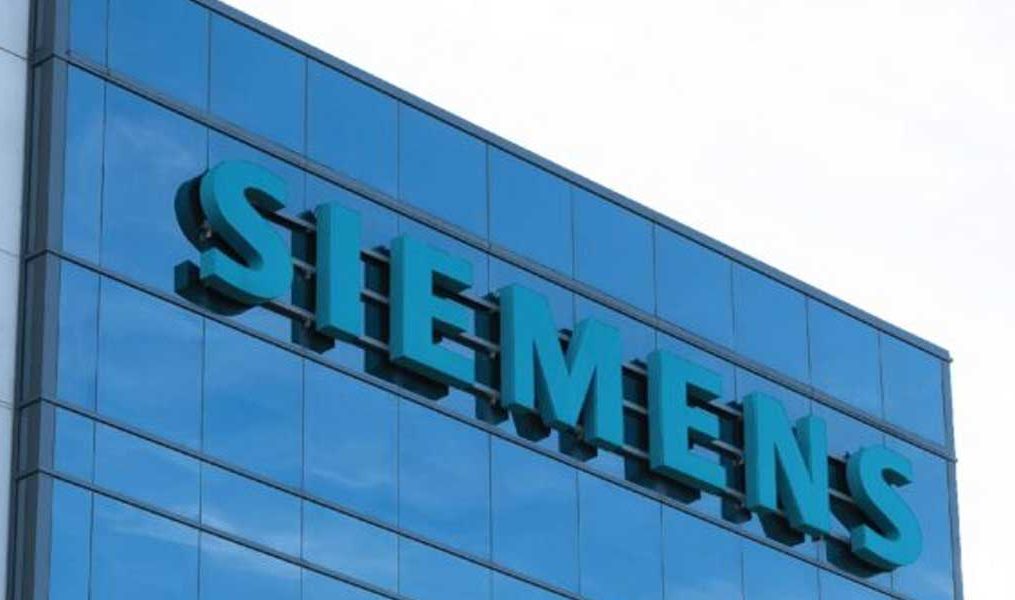Siemens overhaul of Nigeria’s electricity infrastructure to be delayed by five years
A major revamp of Nigeria’s power infrastructure by Siemens Energy AG will be slowed by five years after COVID-19 disrupted the process.
Siemens, headquartered in Munich, agreed in 2019 to help raise Nigeria’s electricity output to 7,000 megawatts in the first phase targeting a total generation and output capacity of 25,000 mw come 2025.
“When we conceptualized this project in 2018, our plan was within two years we should be done with phase one, but then Covid happened,” Bloomberg quoted Oladayo Orolu, head of business development and government relations at the firm, as saying in an interview.
The original understanding was that Siemens Energy would scale the country’s grid operational capacity from below 5,000 mw to 7,000 mw by 2021, expand it to 11,000 mw by 2023 and deliver 25,000 mw by 2025.
The project will now be due by 2025, with Siemens Energy citing logistics setbacks in the form of delayed receipt of raw materials as the ground for delivering the project late.
“Some raw material components costs have been doubled, some are still close to where they used to be, some are just marginally higher,” the official said.
Dysfunctional at its best, the power infrastructure of Africa’s most populous country could generate only 4,000 mw daily even though the installed capacity is in excess of 12,500 mw because most generation and distribution equipment are living on borrowed time.
READ ALSO: Nigeria’s electricity grid collapses again
Cable theft and a problematic transition of the defunct state-power asset National Electric Power Authority into private ownership are other key issues.
The country’s 4,000 mw daily generation is barely adequate to serve Lagos, its commercial capital of over 20 million people, according to the Nigerian Association for Energy Economics.
It means nearly 193.4 million (90.6 per cent) Nigerians would lack access to electricity were Nigeria’s daily output to be allocated to Lagos alone.
Delays
Shifting forward the deadline for delivering the Siemens project dampens the hope of businesses in the Nigerian informal sector looking to the project for stable power to expand productivity.
The sector accounts for 80.4 per cent of jobs in Africa’s largest economy, but has had much of its potential stifled by access to regular electricity, forcing businesses to run on petrol generators.
President Bola Tinubu’s decision to draw the blinds on popular but costly petrol subsidies has seen the pump price of fuel balloon more than threefold within six weeks of taking office, tightening the noose on many businesses.
Talks around conversion of vehicles and petrol generators to compressed natural gas to ease the pangs of cost spikes on businesses and households are gaining momentum more than ever.
The government is holding talks with labour groups to work out a pay rise for workers but a meaningful relief package for the sector that provides more than four of every five jobs in the country has not been part of austerity measures.
Measures like subsidising the costs of converting petrol-powered generators and vehicles to CNG for businesses for the next four years could provide substantial succour for businesses, many of which are already teetering on the brinks.
At N110 per kilogram, CNG is seen by many as a cheaper alternative to petrol and safer on account of higher ignition temperature.
Africa, which accounts for roughly eight of every ten persons in the world without electricity, is seeing a difficult time in terms of access to power in two of its top economies.
In the throes of its most turbulent power crisis ever, South Africa, the continent’s most industrialised nation, is adopting loadshedding in many cities and areas that have not known power cut for years as Eskom, the state’s electricity company grapples with pressure on its aging grid.
Support PREMIUM TIMES’ journalism of integrity and credibility
Good journalism costs a lot of money. Yet only good journalism can ensure the possibility of a good society, an accountable democracy, and a transparent government.
For continued free access to the best investigative journalism in the country we ask you to consider making a modest support to this noble endeavour.
By contributing to PREMIUM TIMES, you are helping to sustain a journalism of relevance and ensuring it remains free and available to all.
TEXT AD: Call Willie – +2348098788999





